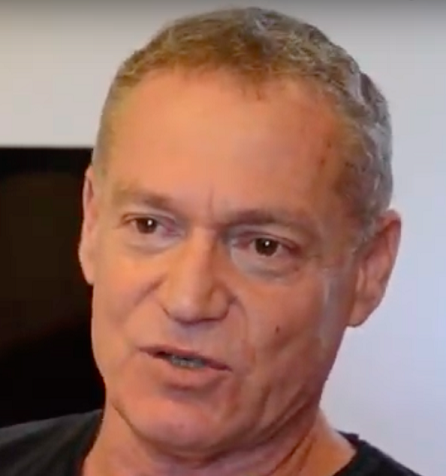Citation:
Abstract:
The goal of the present study was to investigate whether spontaneous functional recovery following insult to the language-dominant hemisphere continues in the so-called “chronic stage,” and if so, to examine its neuro-functional correlates. We used a longitudinal functional magnetic resonance imaging (fMRI) block design, where each young patient served as his/her own control. Specifically, we examined whether language functions differed significantly in two monitoring sessions conducted years apart, both in the chronic stage, where almost no functional changes are expected. We focused on a unique cohort of young brain damaged patients with aphasiogenic lesions occurring after normal language acquisition, in order to maximize the potential of plasticity for language reorganization following brain damage. The most striking finding was that the linguistic recovery of our patients was significant not just relative to their linguistic scores on initial testing (T1), but also in absolute terms, relative to the respective age-matched normal population. Such improvement, therefore, cannot be simply attributed to the natural process of development. Overall, we found that right hemisphere (RH) activation was associated with better recovery in the chronic stage. Our longitudinal findings may challenge the view of recovery as ending within the first year following onset, suggesting that the RH may provide the substrate for ongoing plasticity in the damaged brain.

